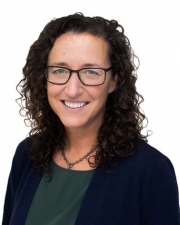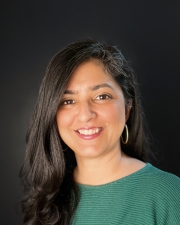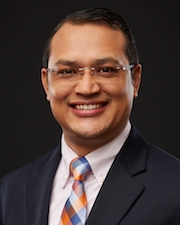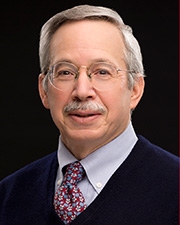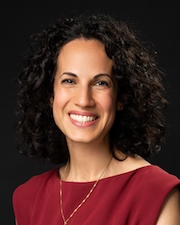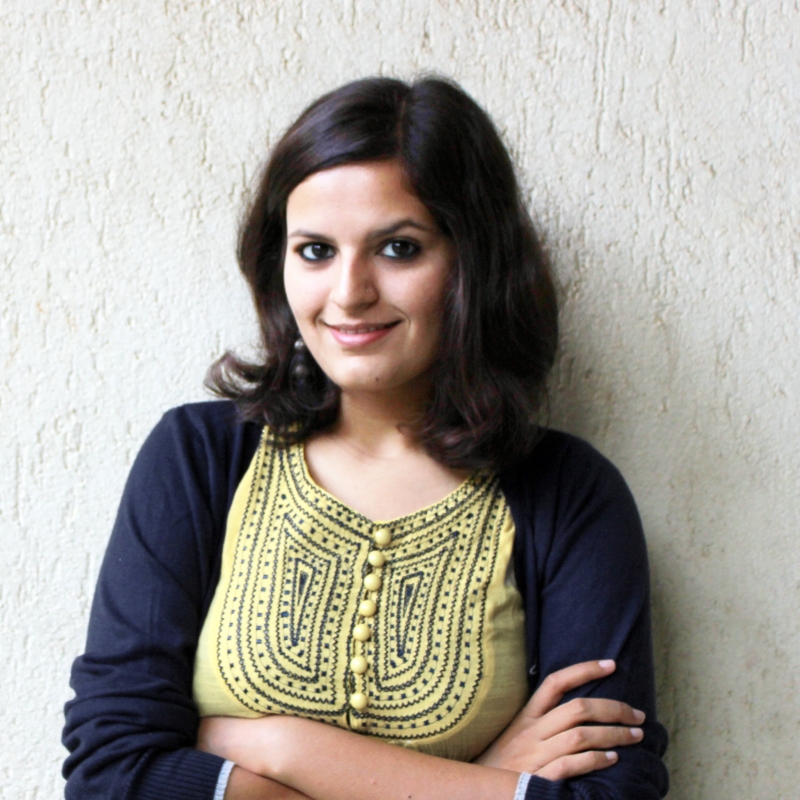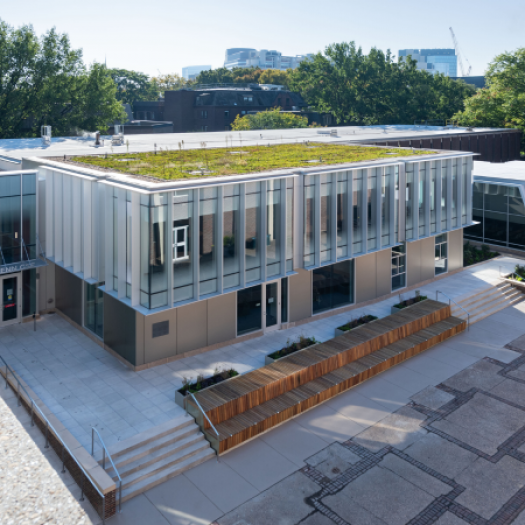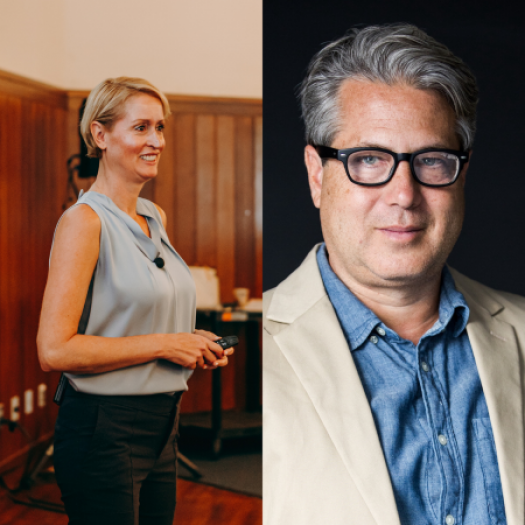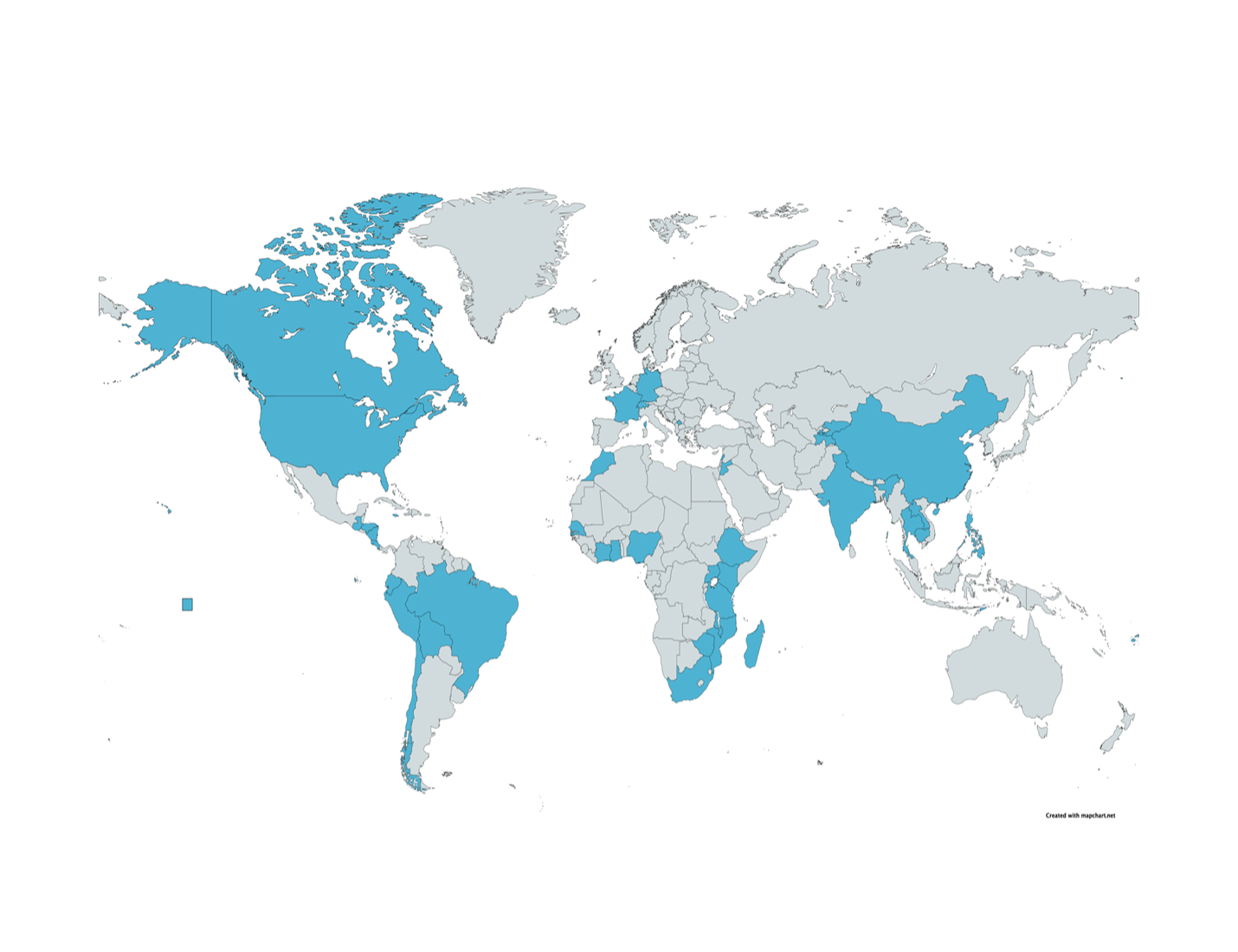International Internship Program
The international internship is the heart of the International Educational Development program. The internships are possible through partnerships with international agencies, international non-governmental organizations (NGOs), and universities.
[[break-point]]
The Internship Experience
The internship is designed as a hands-on field experience (minimum of 420 hours) with an international organization involved in development work outside the U.S. Internships allow our students to apply what is learned in the classroom to a fieldwork experience. Internships are productive work opportunities, either in person or remotely, where our student interns come prepared with skills that match the position openings.
Our International Partners
Some of our partners include the Organisation for Economic Cooperation and Development, Action Aid, and Save the Children. Many of these organizations have a commitment to addressing the United Nations Sustainable Development Goals. Penn GSE is fortunate to have a special relationship with UNESCO – the only of its kind in the U.S. – that places our students in UNESCO offices around the world.
Our students have had a wide variety of international internship placements, including in Bosnia, Botswana, Brazil, Cambodia, Canada, Chile, Costa Rica, Ecuador, Ethiopia, Fiji, France, Germany, Ghana, Guatemala, Honduras, India, Ivory Coast, Jamaica, Jordan, Kenya, Kyrgyzstan, Laos, Madagascar, Malawi, Morroco, Mozambique, Nepal, Nicaragua, People's Republic of China, Peru, Philippines, Rwanda, Samoa, Senegal, South Africa, Switzerland, Taiwan, Tajikistan, Tanzania, Thailand, Timor-Leste, Uganda, and Zimbabwe.
Internship Opportunity
To prepare for the internship, two sequential courses must be taken. In the fall, students must enroll in EDUC6480 International Educational Development in Practice: Tools, Techniques, and Ethics and the corresponding recitation. In the spring, students must enroll in EDUC6482 Masters Proseminar in International Educational Development. Students are required to submit three sets of reports while on internship.
Travel Support and Administrative Support
For qualified students in good academic standing hoping to be placed on an internship abroad, IEDP will offer an internship travel grant with a starting base of $3,150 per student with additional supplementary support offered based on the location of placement abroad. As Penn students international interns will also have their insurance covered via Penn’s iSOS insurance plan at no additional cost. iSOS will offer a 24/7 international support line to address medical and evacuation needs. Local agencies may provide in-kind and/or cash support (including, for example, per diem, local travel, etc.)
Students hoping to be placed on a remote internship will be given an internship grant of $3,150 with the possibility of a small increase if local travel is required (for example, traveling to UNICEF NY offices two days a week.)
All students on internship will be enrolled in a 0 CU course, EDUC9990, to help maintain full-time student standing at the university. IEDP will offer an internal scholarship to cover this course free of charge for one semester (the normal internship placement duration). Students interested in a six-month internship placement will have their first semester of EDUC9990 covered by the IEDP with the second being a personal cost.
IEDP works closely and intentionally with all students to help oversee each individualized placement. If you are interested in learning more about the IEDP internship, please join us at one of our IEDP First Friday virtual events.

